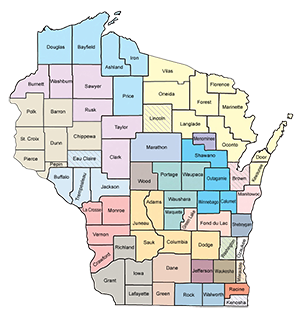 TheNational Institute for Literacy recently released Learning to Talk and Listen: An Oral Language Resource for Early Childhood Caregivers,the second booklet in its “Cornerstones” series of publications to support research-based early literacy practices. Learning to Talk summarizes research findings on the relationship between young children’s oral language skills and their later reading achievement and suggests implications for early literacy practices to promote children’s language development.
TheNational Institute for Literacy recently released Learning to Talk and Listen: An Oral Language Resource for Early Childhood Caregivers,the second booklet in its “Cornerstones” series of publications to support research-based early literacy practices. Learning to Talk summarizes research findings on the relationship between young children’s oral language skills and their later reading achievement and suggests implications for early literacy practices to promote children’s language development.
The Cornerstones series highlights many of the National Early Literacy Panel’s findings about early literacy development while suggest instructional practices for early childhood education to support children’s acquisition of literacy skills related to future success in reading. The first booklet in the series, Early Beginnings: Early Literacy Knowledge and Instruction, is a guide to help early childhood administrators, supervisors, and professional development staff provide teachers with the support and training needed to increase their knowledge base and refine current literacy practice.
From 2000-2009 the National Early Literacy Panel convened to identify and conduct a synthesis of the scientific research on the development of early literacy skills in children ages zero to five. The Panel’s findings are intended to contribute to decisions in educational policy and practice and also to help early childhood caregivers understand what research says about early literacy skills essential for future success in readying so they may better support young children’s language and literacy development.

